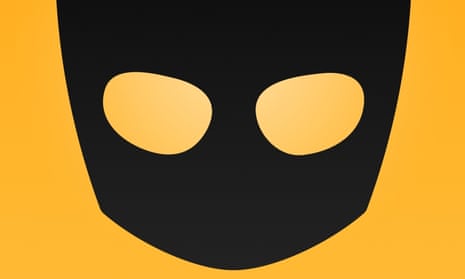Gay communities have an HIV problem – and I don’t mean those gay people with HIV. It is tragic how minorities who have suffered stigma and discrimination in the past replicate these forms of oppression against their own. Persistent myths lead to prejudice against gay and bisexual men living with HIV. But when those on effective treatment have undetectable levels of the virus, they cannot, according to recent research, pass it on.
Even so, every gay person knows what it is like to come out and risk rejection. Tragically, those who come out as HIV-positive can face isolation and discrimination from their own. As well as endemic sexism, transphobia, racism, anti-disabled prejudice – the full shebang, frankly – we LGBTQ people need to work so much harder at showing solidarity with each other.
That is why the decision of Grindr – an app that allows men to find other men with whom to have consensual sex – to share the HIV status of its users with companies is so galling (since it was reported, the dating app has said it will stop sharing this information). It is up to people with HIV to decide to whom they talk about their status, and on what terms. For those of us who are LGBTQ but do not have HIV, that means listening, supporting and offering solidarity. It may be a commercial app, but as an LGBTQ app Grindr has responsibilities to the wider communities. That does not include sharing something as profoundly personal (and still stigmatised) as HIV status. If people wish to be open about their status on Grindr, that should be applauded and celebrated. Having an app that wraps itself in the rainbow flag passing on that status to third parties without their consent is a betrayal.
One prominent LGBTQ activist put it to me that this was Cambridge Analytica for the LGBTQ communities. Certainly, this is another example of why we need a debate about our data and how it is used by tech companies. We also need new legal frameworks and legislation to stop the private sector using our most intimate information in ways we do not understand for commercial gain. It should reopen the debate amongst us gay people and queers about how we look after our own, too.
